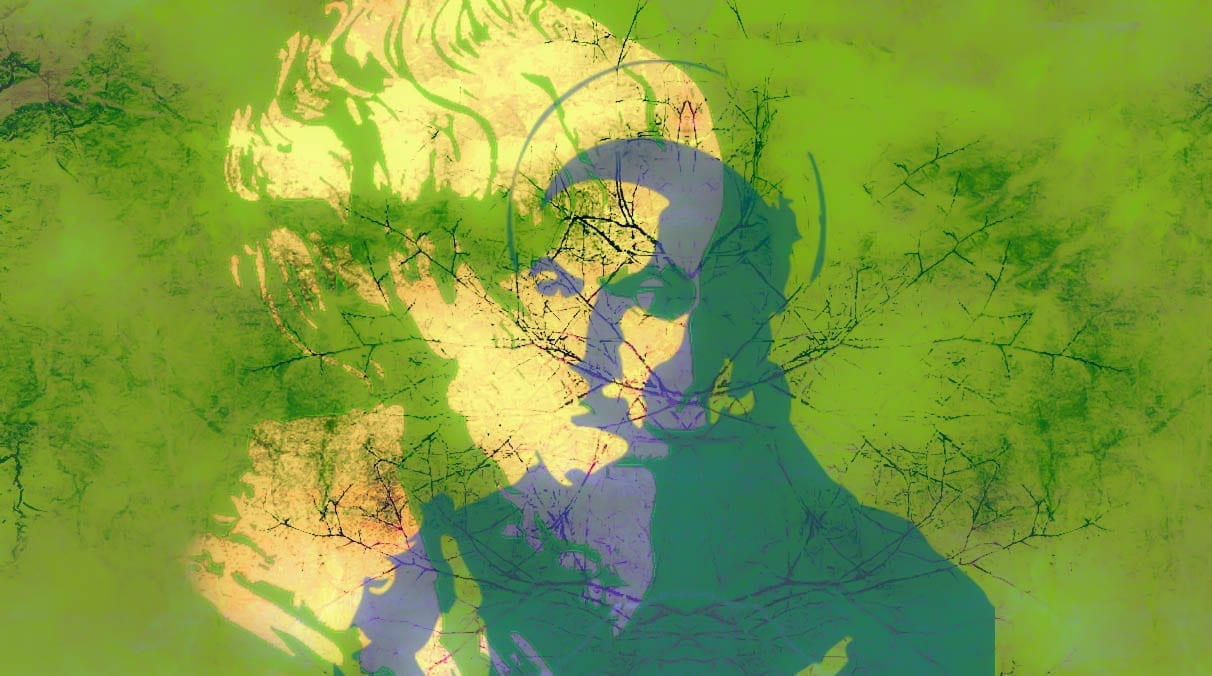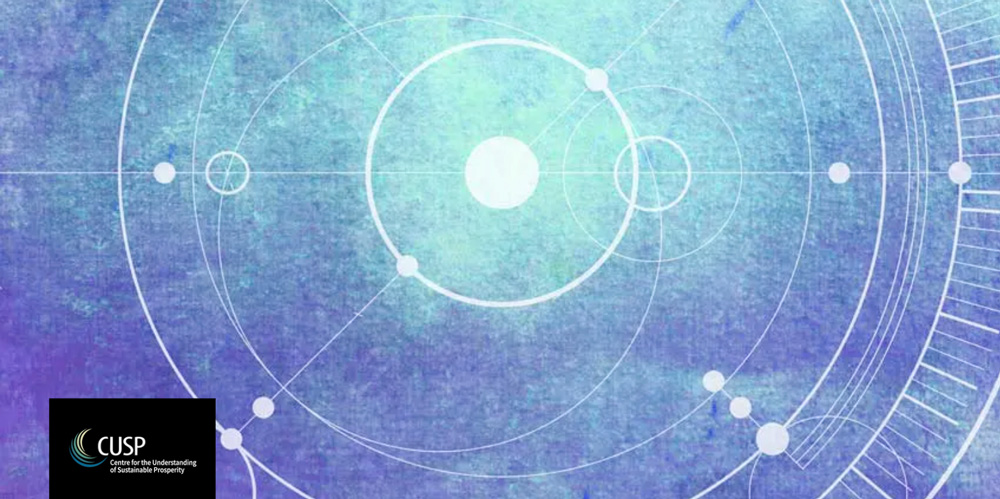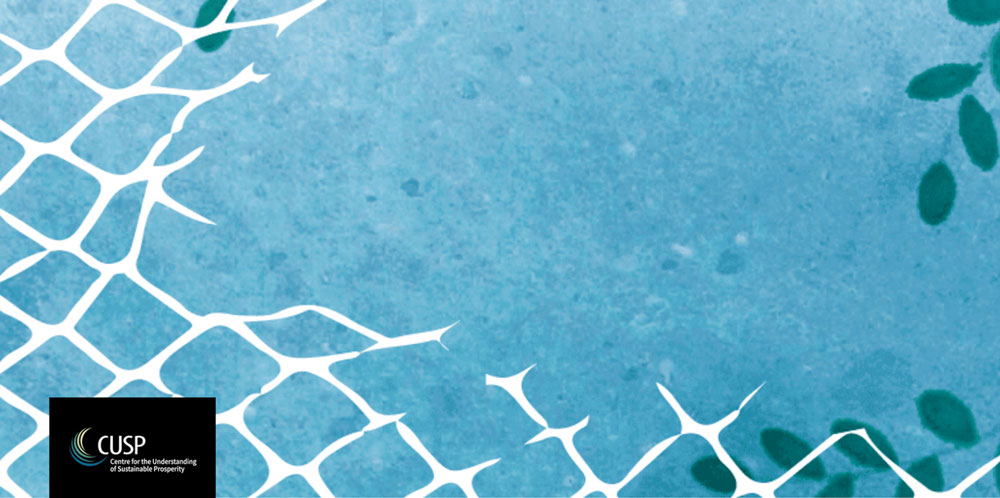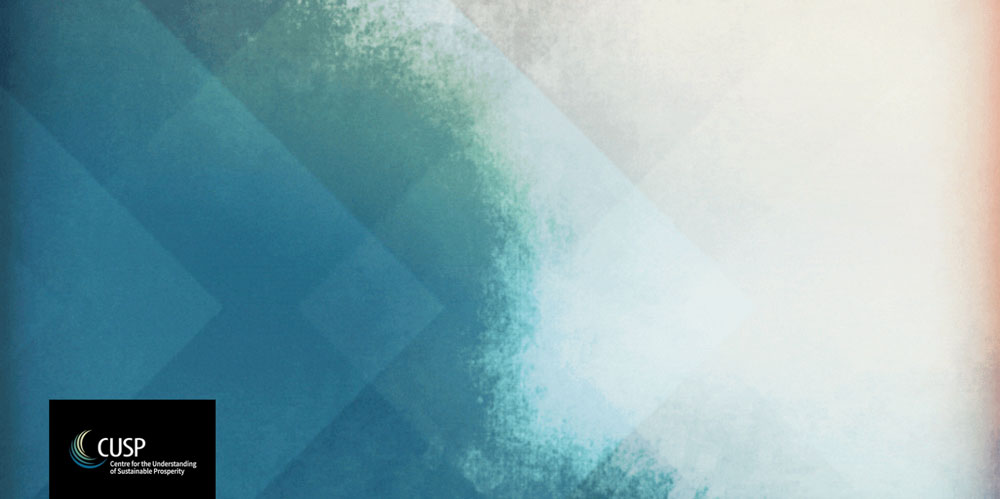PUBLICATIONS
As our work progresses, publications are arising from our research themes and cross-cutting projects. We produce working papers, journal articles, evidence submissions to government enquiries, essays, books and book chapters. Subscribe to our newsletter to receive a monthly digest in your inbox. If you want to hear more frequently from us, you can subscribe to email updates from the website directly.

This paper seeks to illuminate a ‘green populism’, using Hannah Arendt’s analysis of the tension between science and politics. In Arendt’s account, Western philosophy and science is predicated on a rejection of the mortal realm of politics, in search of eternal laws of nature. However, the pressing mortality of nature has pushed it back into the political realm, turning it into a political actor in its own right, Will Davies argues. Where nature itself is defined by its mortality, environmentalism and political action acquire a common logic, that could fuel a participatory, egalitarian, green populism.

In his essay for CUSP, Simon Caney argues that existing political systems are resolutely focused on the short-term and that this both harms current generations and is leading us to bequeath a deeply unfair and dysfunctional world to our descendants. To address this, we need to re-imagine ways of organising our political life to make the ‘future’ salient and visible, to jolt us out of our fixation on the present, and to induce us to look ahead and give the ‘future’ its due.

As ecological disaster looms, and states scramble to fend it off, the idea of external constraint, of ‘making’ people and firms behave sustainably, is often touted as the only way forward. In her essay, Isabelle Ferreras is making the case that it’s not less democracy that is needed, but more. She argues for the democratisation of firms as a key component of the sustainable prosperity agenda. A radically democratic conception is needed, one that takes into account goals of both efficiency and justice.

Our understanding of the world is not a spectator sport, but more like an active ingredient in societal renewal, Jonathan Rowson writes in his essay. The premise of this essay is that we need to reconsider Bildung today: to make it about our responsibility for and participation in an evolving process of social maturation that reimagines culture, technology, institutions and policies for the greater good.

In her essay for CUSP, Professor of Theology Celia Deane-Drummond explores an approach to the meaning of the good life and environmental decision-making that takes account of the human capacity for practical wisdom. Through a distinct theological lens, she is exploring how we might begin to re-channel and re-orientate our basic human self-interested desires.

Challenges to sustainable prosperity cannot be addressed successfully through a top-down approach when this enjoys no political support, nor will simply letting people take care of their own environment do the trick. The problem requires us, instead, to appreciate the negative externalities we impose on distant, unknown others and to be politically motivated by the aim to avoid that.

The language of capital penetrates social and environmental policy discussions at local, national and international level. Yet its appeal, John O’Neill argues, is premised on a fundamental misunderstanding of prosperity. The treatment of nature as capital is not a solution to the problems of environmental loss. Rather, it is part of the problem.

In the fifth essay in our series, Ruth Levitas argues that thinking about our ethical responsibilities in the present and for the future is helped by looking through the lens of Utopia. The Utopian approach allows us not only to imagine what an alternative society could look like, but enables us to imagine what it might feel like to inhabit it.

Is it possible to lead rich and good lives that are simultaneously just and ecologically sustainable? Yes, Ingrid Robeyns argues in the fourth of our CUSP essay series on the morality of sustainable prosperity, if we understand well-being and human flourishing in terms of human capabilities.

The nature of work has divided thinkers across the fields since the Industrial Revolution. In his Marxian take on the meaning of work, John Bellamy Foster argues that the real potential for any future sustainable society rests not so much on its expansion of leisure time, but rather on its capacity to generate a new world of collective work.

Can we create communities that are both prosperous and sustainable? And can we do this while retaining democratic procedures? These are huge questions and, like others who have addressed them, Roger Scruton is by no means convinced that he has a persuasive answer. But an answer is more likely to be found, he argues, “in the legacy of conservative thinking, than by adopting the standpoint of the top-down plan.”

Whose job is it to save the planet? Apart from a very few people the task is not in anyone’s job description. Yet, to achieve sustainable prosperity, we can’t afford to hide behind the permissions attached to our professional roles as they now stand, argues Melissa Lane in the first essay of our CUSP essay series on the morality of sustainable prosperity.
